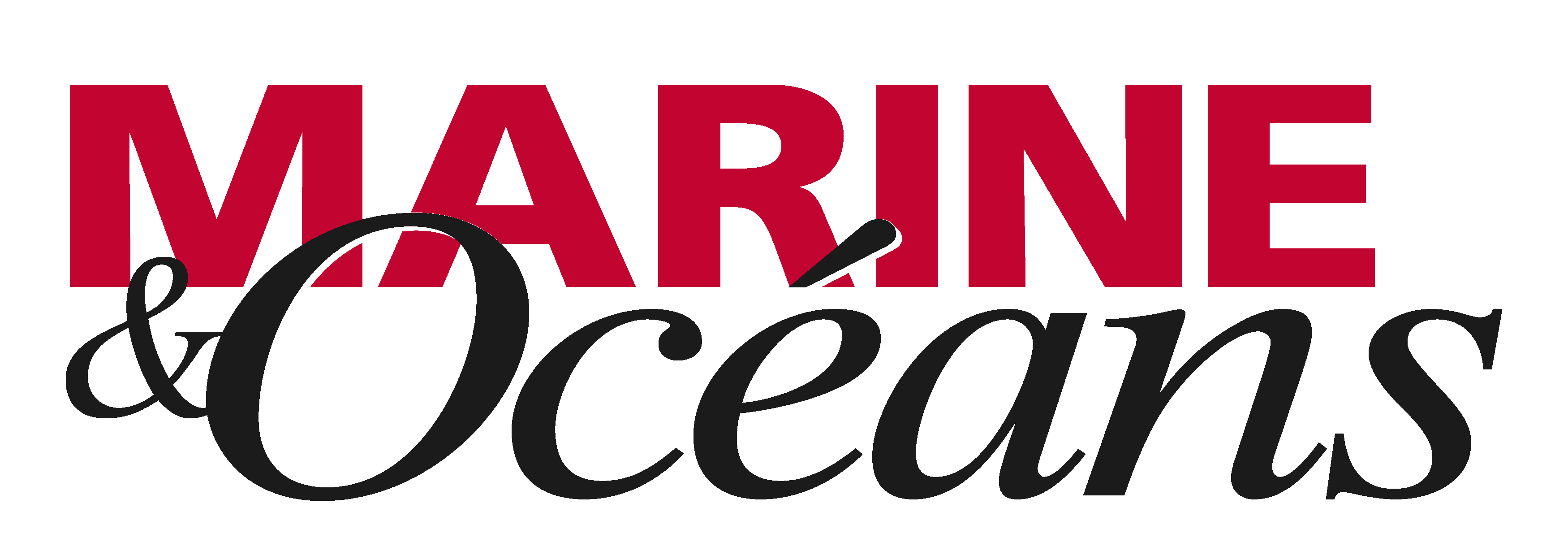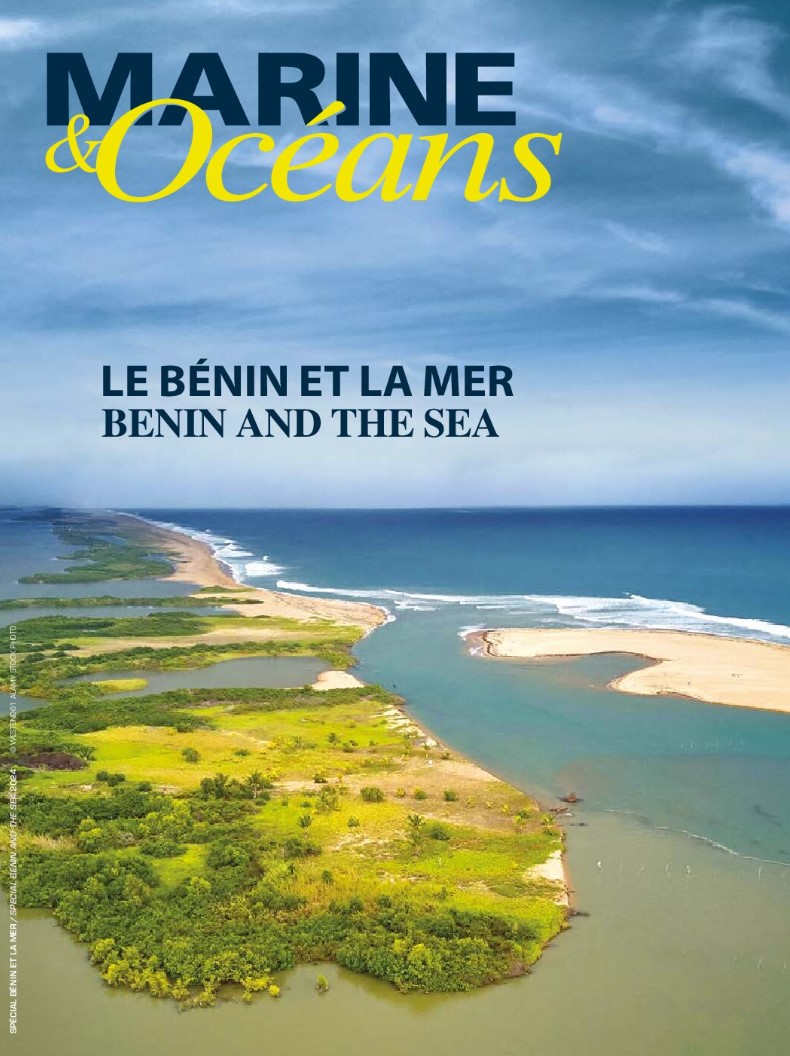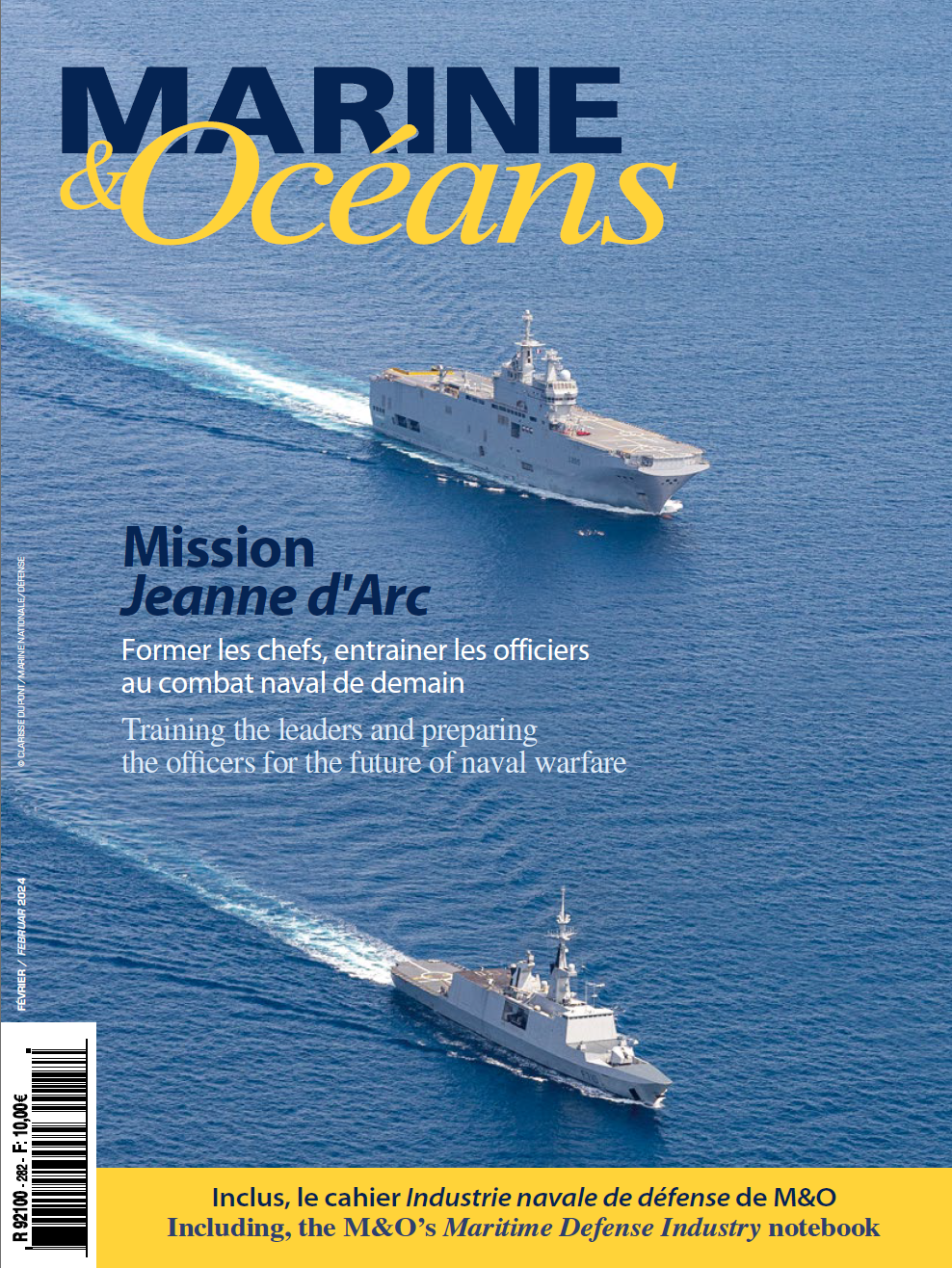La première Session Annuelle du Forum de Crans Montana s’est tenue en 1990, au moment de la chute du Mur de Berlin, afin de retisser des liens artificiellement rompus entre l’Ouest et l’Est devenu démocratique. Le Forum a accompli brillamment cette mission, étant la seule organisation à avoir pris, à temps, une telle initiative. Le Forum de Crans Montana est reconnu depuis, par toutes les grandes organisations Internationales et travaille en étroite collaboration avec elles. La philosophie de ses Pères fondateurs a toujours été de construire un monde plus humain « Committed to a more Human and Impartial World ». Notre fondateur, l’ambassadeur Jean-Paul Carteron, a eu cette intuition géniale de bâtir une Organisation Internationale, qui fait aujourd’hui référence, volontairement éloignée du bruit médiatique et qui fait la part belle aux nouvelles économies notamment africaines.
Chaque forum organisé à travers le monde (Bruxelles, Genève, Rabat, Dakhla, Vienne, Crans-Montana, Bucarest, Bakou, Zagreb, Rome, Sarajevo, Tirana, Athènes, Malte, Bahreïn, etc.) représente une occasion unique pour des dirigeants d’entreprises et des personnalités officielles de mettre en œuvre leurs stratégies, de consolider leurs relations avec leurs partenaires, d’en découvrir de nouveaux et de développer de nouvelles opportunités de coopération.
Nous favorisons des rencontres entre des personnalités venues des quatre coins du monde, qui ont souvent les mêmes défis à relever et qui trouvent à l’occasion de nos événements les conditions d’un dialogue franc, constructif, tourné vers la recherche de solutions novatrices.
Vous avez récemment créé le Club des Ports sous le label du Forum de Crans Montana. Pourquoi et comment fonctionne cette nouvelle entité ?
Le Club des Ports est une communauté originale, établie par le Forum de Crans Montana, dont les Membres sont les décideurs et les parties prenantes de l’Industrie du transport maritime en Afrique ainsi que leurs partenaires du reste du monde.
Le Club des Ports du Forum de Crans Montana est une plateforme privée et conviviale, offrant à ses Membres des rencontres de haut niveau et des opportunités uniques de création de réseaux, dans un cadre destiné au partage d’expériences, de connaissances et à la découverte permanente des nouvelles techniques liées aux métiers concernés.
Chaque réunion est une nouvelle occasion d’aborder les préoccupations quotidiennes des acteurs de l’industrie du transport maritime : la modernisation des Ports et des méthodes de travail, la réduction du taux de fret, la concurrence entre les opérateurs de terminaux, la mise en place de partenariats publics-privés, les relations des Ports avec l’hinterland mais aussi, de manière très focalisée, la gestion durable et efficace du dragage, le transport des hydrocarbures, ou bien encore l’approche et la négociation avec les grands groupes étrangers.
La dernière réunion du Club des Ports a eu lieu en mars dernier, à Dakhla, au Maroc. Quels en étaient les principaux thèmes et les principaux intervenants ?
Cette réunion s’est tenue au Maroc à Dakhla, à l’occasion du Forum de Crans Montana sur l’Afrique et la coopération Sud-Sud, réunissant 1500 participants venus de plus de 150 Pays. Elle a notamment permis d’aborder la place de l’Afrique et des SIDS dans la nouvelle économie maritime mondiale et de souligner le rôle de tous les acteurs de la chaine logistique qui doivent faire face aux multiples défis d’une Industrie Maritime mondialisée.
La lutte contre la piraterie maritime notamment dans le Golfe de Guinée et la nécessité de recourir à des corridors intérieurs optimisés et sécurisés ont également été à l’agenda de cette réunion qui a vu la participation de nombreuses organisations et personnalités parmi lesquelles, l’Organisation Maritime Internationale (OMI), l’Organisation Maritime de l’Afrique de l’Ouest et du Centre (OMAOC), l’UNECA (Commission économique des Nations Unies pour l’Afrique), le Ministre des ports et du transport maritime du Sri Lanka, M. Arjuna Ranatunga, le Ministre de l’environnement et du changement climatique des Iles Salomon, M. Samuel Manetoali, M. Peter Brady, Directeur Général de l’Autorité maritime de Jamaïque ou encore M. Adalmir De Souza, Directeur exécutif de l’Association brésilienne des autorités portuaires et de nombreux grands dirigeants de l’économie maritime africaine, pour ne citer qu’eux.
L’économie bleue est aujourd’hui à l’agenda de nombreux pays dans le monde, notamment en Afrique où l’on mesure tout l’apport que peut apporter la mer au développement. Le percevez-vous à travers les multiples rencontres que vous organisez ?
L’économie bleue et la valorisation des ressources propres de chaque pays sont fondamentales. Une gestion intégrée et optimisée des espaces maritimes est essentielle au développement national et régional notamment pour les nouvelles économies émergentes. Alors que plus de 90 % des importations et des exportations africaines transitent par la mer et que l’Afrique est au cœur de plusieurs corridors commerciaux parmi les plus stratégiques, l’espace maritime représente un des principaux leviers de l’intégration mondiale du Continent et de son développement économique. Cette réalité et les exigences qui en découlent en matière sécuritaire, environnementale et de développement des infrastructures sont au cœur des préoccupations de chacune des réunions du Club des Ports.
——–
English version
Interview with Pierre-Emmanuel Quirin
President of the Crans Montana Forum
Founded in 1990 after the fall of the Berlin Wall, the Crans Montana Forum brings together decision-makers, politics and economists from all over the world in order to foster cooperation. Its new creation, The Club of Ports, illustrates the growing importance of maritime issues. Details.
Interview by Erwan Sterenn
The 28th Annual Session of the Crans Montana Forum, in Barcelona in early July, focuses on « Mediterranean and Silk Road ». Why choose this theme?
The New Silk Road opens up an exceptional potential for growth to stimulate international exchanges as well as strengthen regional policies and cooperation processes. The Crans Montana Forum has already successfully organized two high-level international conferences on this subject which took place in June 2016 in Vienna and last October in Brussels.The transnational and multi-sectoral dimension of the New Silk Road is a unique cooperation process that creates a vast range of opportunities for all mediterranean countries, Africa and the Middle East. Our 28th annual session being held in Barcelona, one of the major hubs of the Mediterranean, we found it particularly appropriate to organize a new ministerial conference on the Silk Road cooperation potential, which will gather ministers for economy, finance, trade, transport and industry from all over the world.
What is the history – the genesis – of the Crans Montana Forum, and what are its objectives?
The first Annual session of Crans Montana Forum was held in 1990, at the time of the fall of the Berlin Wall, in order to establish pathways between the newly-freed East, and Western Europe. The Forum well and truly accomplished this mission, being the only Organization to take on such an initiative at that very moment. The Crans Montana Forum is formally recognized by all the major International Organizations and works closely with them. The Founding Fathers’ philosophy has always been to build a better World: « Committed to a more Humane and Impartial World ». Our Founder, ambassador Jean-Paul Carteron, had the brilliant idea to create an International Organization, which serves as a reference, deliberately far from publicity and press coverage, which gives a prominent position to new Economies, especially from Africa. Each of the Forums organised worldwide (Brussels, Geneva, Rabat, Vienna, Crans-Montana, Bucharest, Baku, Zagreb, Roma, Sarajevo, Tirana, Athens, Malta, Bahrain etc…) represents a unique occasion for Business Leaders and Government Officials to implement their strategies, strengthen relationships with their partners, meet with potential ones and develop new cooperation opportunities. We encourage meetings between personalities from all over the world who face the same challenges and take advantage of our events to initiate a frank and constructive dialogue in order to develop innovative solutions.
You recently created the Club of Ports under the banner of the Crans Montana Forum. What is the reason and how does this new organization work?
The Club of Ports is a unique Community, founded by the Crans Montana Forum, whose Members are decision-makers and stakeholders of the Maritime & Transport Industry from African countries and their counterparts from the rest of the world. The Crans Montana Forum Club of Ports is a private and friendly platform, offering its members high-level meetings and unique networking opportunities in a framework designed to share experience, knowledge and technical discoveries for each profession.
Each meeting is a new opportunity to tackle the daily concerns of the Maritime Transport industry’s actors : modernization of Ports and working methods, freight tariffs reduction, competition between terminal operators, the implementation of Public-Private Partnerships, Ports connections with their hinterland but also, technical focus on sustainable and efficient management strategies for dredging or methods of approach, hydrocarbons’ transport, and negotiation with major foreign groups.
The last meeting of the Club of Ports was held last March in Dakhla, Morocco. What were the main themes and key stakeholders?
The last meeting of the Club of Ports was held in Dakhla, Morocco on the occasion of the Crans Montana Forum on Africa and South-South Cooperation, which brought together over 1,500 participants from more than 150 countries. This Meeting notably addressed the role of Africa and the Small Island Developing States (SIDS) in the New World Maritime Economy and highlighted the contribution of all Supply Chain’s Stakeholders facing challenges of a Global Maritime Industry. The fight against maritime piracy, particularly in the Gulf of Guinea, and the need for optimized and safe internal corridors were also on the top of the agenda of this Program, which gathered numerous organizations and personalities, including the International Maritime Organization (IMO), the Maritime Organisation for West and Central Africa (MOWCA), the United Nations Economic Commission for Africa (UNECA), Mr. Arjuna Ranatunga, Sri Lanka’s Minister of Ports and Maritime Transport, Mr. Samuel Manetoali, Solomon Islands Minister of Environment and Climate Change, Mr. Peter Brady, Director General of the Maritime Authority of Jamaica, Mr. Adalmir De Souza, Chief Executive Officer for the Brazilian Association of Port Authorities and many stakeholders of the African maritime economy.
The blue economy is now on the agenda of many countries in the world, especially in Africa, where the potential contribution to development of the sea is truly measured. Do you find that to be the case through the many meetings you organize?
The blue economy and the development of each country’s own resources are fundamental challenges. An integrated and optimized management of Maritime areas are essential to strengthen national and regional development, especially for new emerging Economies. Given that more than 90% of Africa’s imports and exports are seaborne and Africa is at the heart of the most strategic trade corridors, Maritime areas represent one of the main levers for global integration of the continent and its economic development. This reality implies a number of key challenges in terms of security, environment and infrastructure development, which are at the agenda of each Club of Ports’ Meeting.



